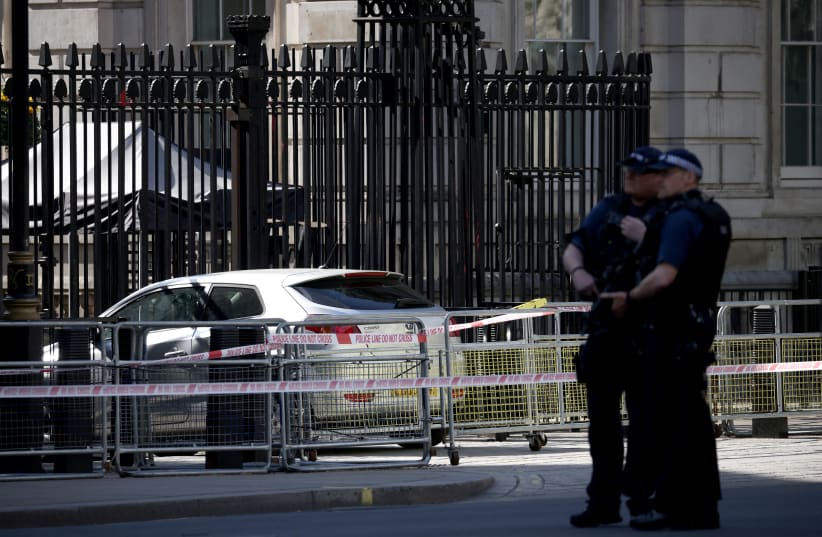A British man was convicted on Tuesday of planning an attack on a military base after being arrested with an explosive device on the grounds of a hospital, Britain's Crown Prosecution Service said.
Mohammad Farooq was found guilty of preparing acts of terrorism following a trial at Sheffield Crown Court in northern England.
The 28-year-old had previously pleaded guilty to possession of an explosive substance with intent to endanger life, possession of an explosive substance in suspicious circumstances, possession of information likely to be useful to a terrorist, and other offenses.
Farooq was arrested outside St James's Hospital in Leeds, where he had previously worked as a student nurse, after showing a member of the public a gun and saying he "felt like killing everyone," the CPS said.
Bomb squad called to the scene
Police who attended the scene discovered in Farooq's bag a pressure cooker with wires attached, which bomb disposal experts found to be a viable explosive device.

The CPS said Farooq's electronic devices revealed evidence of his interest in radical Islamist ideology and research into RAF Menwith Hill, a nearby Royal Air Force base in North Yorkshire.
Farooq had pleaded not guilty to but was convicted of preparing a terrorist attack at RAF Menwith Hill. He will be sentenced at a later date.
Bethan David, head of the CPS Counter Terrorism Division, said in a statement: "Farooq is an extremely dangerous individual who amassed a significant amount of practical and theoretical information that enabled him to produce a viable explosive device.
"He then took that homemade explosive device to a hospital where he worked with the intention to cause serious harm. Examination of his electronic devices revealed a hatred towards his colleagues at work and those he considered non-believers.
"It is clear from his internet searches that he was also conducting extensive research of RAF Menwith Hill, with a view to launching a potential attack."
